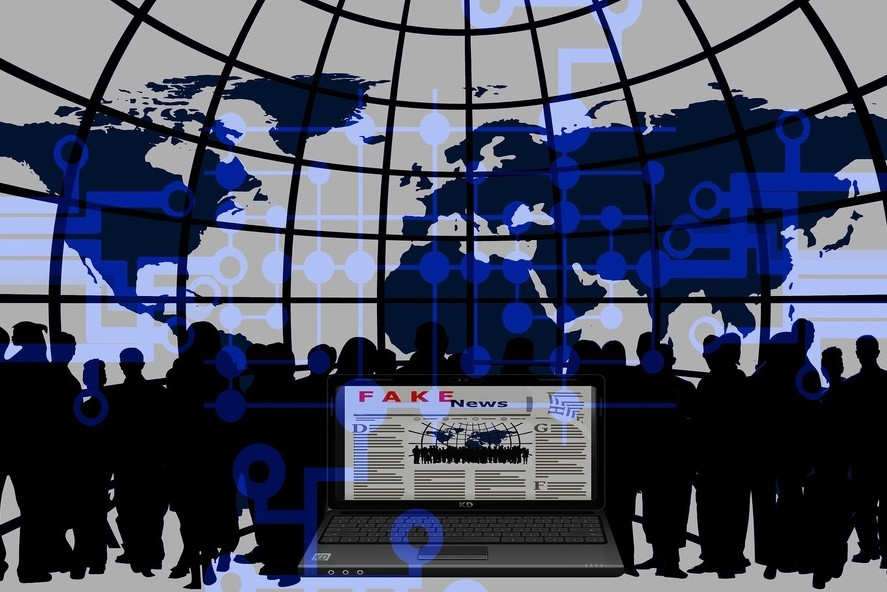A new European regulation on digital services (DSA) aims to regulate the content of platforms. It has been in force for the largest platforms since August 25, 2023. Should we be pleased or worried ?
We see it every day: the major digital platforms convey intolerable content of hatred, manipulation and counterfeiting. The perpetrators of these abuses, who often hide behind pseudonyms and operate from rogue states, are often immune from prosecution. To put an end to these unacceptable practices, the European Union has introduced a new regulation on digital services (Digital Services Act) which, along with the Digital Market Regulation (DMA), aims to bring some order to the Internet giants.
17 major platforms concerned
To put it simply, the idea is to put into practice the principle that what’s illegal offline is illegal online, explains the Vie Publique website. Initially, this will apply to Internet Service Providers (ISPs); cloud computing services; online platforms such as marketplaces, app stores, social networks, content sharing platforms, travel and accommodation platforms; very large online platforms and very large search engines, used by over 45 million Europeans per month, as designated by the European Commission.
On April 25, 2023, an initial list of these major online players was published on the Commission’s website. Targeted are 17 very large platforms: Alibaba AliExpress, Amazon Store, Apple App Store, Booking.com, Facebook, Google Play, Google Maps, Google Shopping, Instagram, LinkedIn, Pinterest, Snapchat, TikTok, X (formerly Twitter), Wikipedia, YouTube and Zalando. Two very large search engines are also affected: Bing and Google Search.
27 digital service coordinators
In concrete terms, these Internet giants will have to report illegal content and block access to it. They must set up an internal complaints handling system to enable users whose accounts have been suspended or terminated (on a social network, for example) to contest this decision. They will also have to explain how the algorithms they use to recommend advertising content work.
Twenty-seven digital services coordinators (one for each EU country) are responsible for ensuring compliance with the DSA. In the event of non-compliance, fines and penalties may be imposed. For very large platforms and search engines, the Commission may impose fines of up to 6% of their worldwide sales.
In the event of serious and repeated breaches of the regulation, platforms could be banned from operating in the European market.
So much for theory.
The thought police
In practice, while everyone welcomes the hunt for hateful content, the dissemination of child pornography or anti-Semitic messages, there are many questions about the misinformation that the DSA regulation aims to tackle. Indeed, the new regulation requires the Internet giants to refrain from disseminating fake news. But who will decide whether information is “true” or “false”? Are the powerful multinational information and communication technology companies in charge of controlling our ideas and opinions? To censor anything that doesn’t conform to the official truth? What disinformation are we talking about? Is the DSA now in charge of the thought police, as was the case during the dark periods of our history?
Beneath its seductive appearance of combating racism, drug dealing and other crimes, this new European regulation conceals less avowed intentions: that of controlling information and placing freedom of expression under guardianship.
#DSA «Ces plateformes systémiques jouent un rôle important dans notre vie. Il était donc temps pour l’UE d’établir ses propres règles »
Qui pouvait imaginer que le totalitarisme au XXIème siècle prendrait la forme d’un petit commissaire européen ?pic.twitter.com/BzCNotzxnq— Carėne Tardy (@Carene1984) August 25, 2023

